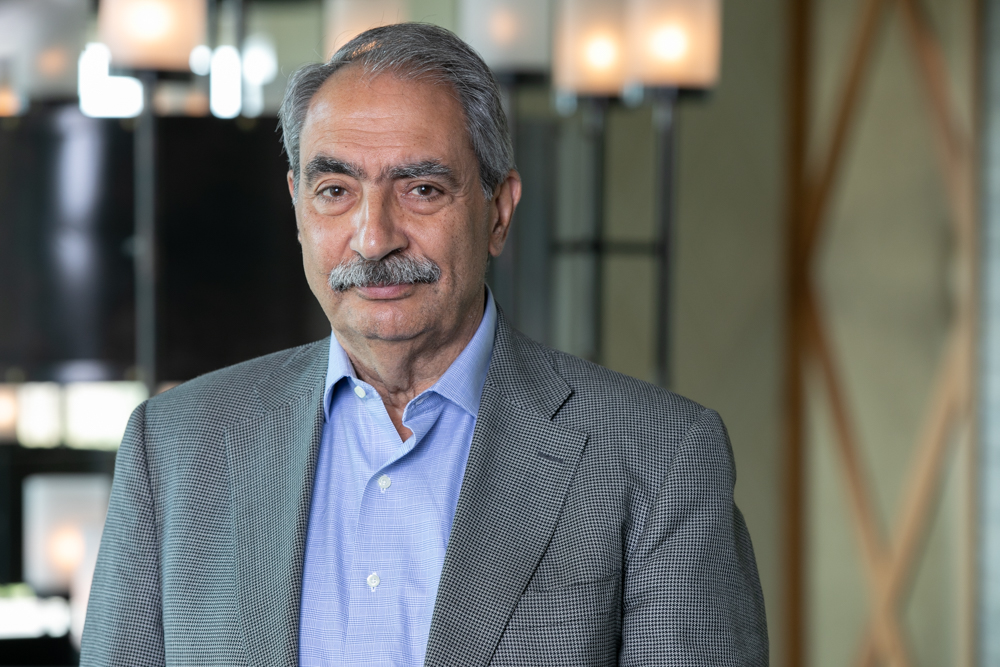Agencies such as the Intergovernmental Panel on Climate Change have published countless reports on the state of the Earth’s climate, each pointing irrevocably to humans being the driver behind the pressing climate crisis. Since the climate crisis is a multidimensional, interrelated issue not constrained by political boundaries, it will take individuals at all levels to make conscious efforts to reverse its effects and create a more sustainable world.
The World Environmental Education Congress (WEEC) Network has been bringing together people from across the globe since 2003 to discuss the role and significance of environmental education in sustainable development. Dr. Costis Toregas, Director of GW’s Cyber Security and Privacy Research Institute (CSPRI), has been invited to speak at the 2024 WEEC on one of the various dimensions involved in environmental education, artificial intelligence (AI) and smart technologies.
The overarching theme of the 2024 WEEC is “Connecting People, Creating Tomorrow.” As of late, there has been abundant discussion around AI and its offshoots, demonstrating that there can be no vision of tomorrow that does not include AI and smart technologies. However, it is not as easy to see how they fit into the “connecting people” element of this year’s theme. Toregas plans to address this disconnect in his plenary session by emphasizing that researchers, students, government officials, and industry leaders must proactively focus and expressly insist on moving forward as one and creating a community approach to the future.
“I believe in a collaborative, shared, and co-developed version of the future and will try to emphasize this pathway in my remarks,” Toregas stated.
Toregas exemplifies this approach in his work at CSPRI since cyber security and privacy challenges also cannot be solved without shared efforts. CSPRI itself is led by a core group of eight faculty members, including four from GW Engineering and one each from GW’s Elliott School of International Affairs, Law School, School of Business, and College of Professional Studies. Its composition underlines the importance of collaboration and should ensure the success of the Institute for years to come.
The complexity of the climate crisis and the charge for school systems to train and graduate sustainability champions is another area where interdisciplinary collaboration is essential. This is reflected in the introduction of interactive technologies from Geographic Information Systems to climate modeling and methods from social science disciplines, such as complex Sustainable Development Goal policy negotiations, in the classroom. Such interdisciplinarity is driving strong solutions that underline the importance of working together to create a more sustainable future and reaffirm that environmental education provides the basis for this transformation.
“I am proud to be representing GW at this important event and, more importantly, to represent our core values of Equity, Collaboration, and Innovation,” said Toregas. “I want those who attend my session and read the proceedings to walk away with two firm decisions: to do whatever they can to improve the next generation of global citizens through environmental stewardship and do so with the help of the best, most creative and democratic technologies possible.”


